
Economic Development and Urban Communities: A Quality of Life Conversation—Thursday, Nov. 17
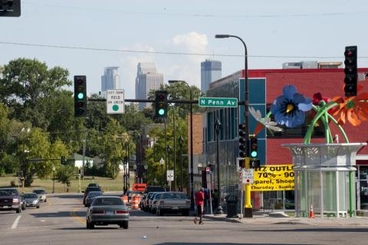

Understanding School Trauma
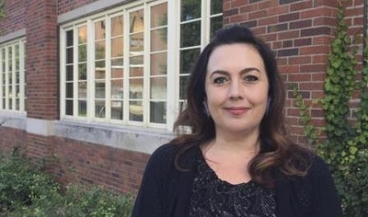

Pioneering Health Care
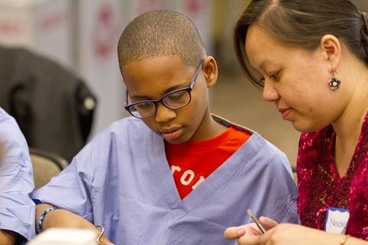

Community Day 2016: Celebrating Partnership
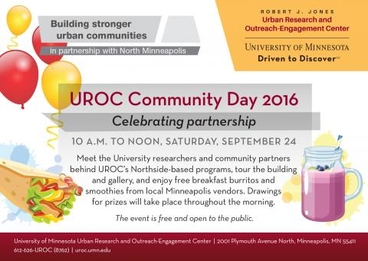

Dameun Strange and Innovative Philanthropy
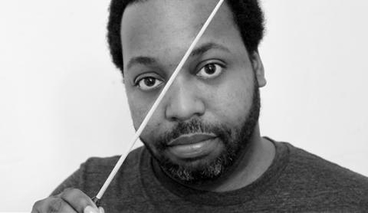

Power to Quit
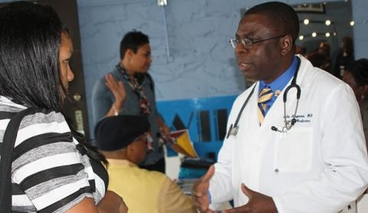

Lincoln Community School is poised to become a park-like neighborhood gateway and oasis with help from University-community partners and residents
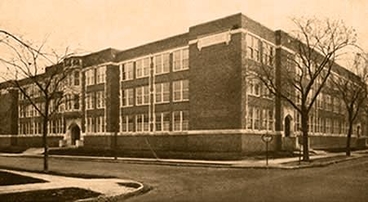
George and Beverly Roberts, along with some of their neighbors, had already written to the Minneapolis school board expressing concern over the condition of North Minneapolis’ Lincoln Community School playground when, much to their happy surprise, they attended Community Day at the University of Minnesota Robert J. Jones Urban Research and Outreach Engagement Center (UROC) and found staff there were working on the issue too.

Michael Goh and Peter Demerath are one of several Generation Next/UROC Faculty Fellows working to find solutions to Minnesota’s achievement gap
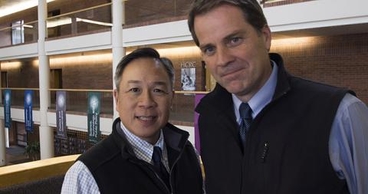
It’s a familiar story—across the country, white students are doing better academically than their classmates of different races and ethnicities who typically have lower test scores and higher dropout rates. This “achievement gap,” as it is commonly called, is particularly evident in Minnesota, where the gap between the performance of white students and students of color is among the highest in the nation.

UROC’s after-school program helps young people discover community involvement
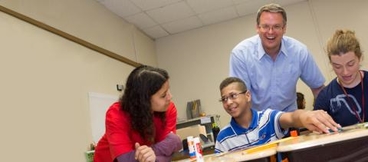
Listen up adults: If you want young people to become active, eager contributors to their communities, one of the first things you need to do is figure out who you have to be in order to help them do that. Ross VeLure Roholt, an associate professor in the University’s School of Social Work in the College of Education and Human Development learned that early in his career while working with youth.

Listening, building trust is key to UROC’s Trauma Recovery Project
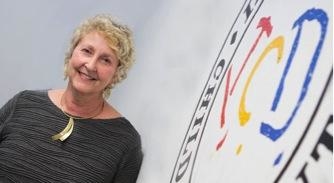
Insightful conversation is known for sparking positive change. So it seems fitting that the Trauma Recovery Project, launched last spring by the University of Minnesota Urban Research and Outreach-Engagement Center (UROC), hinges on conversations with North Minneapolis residents and faith leaders, community-based professionals and University scholars.
